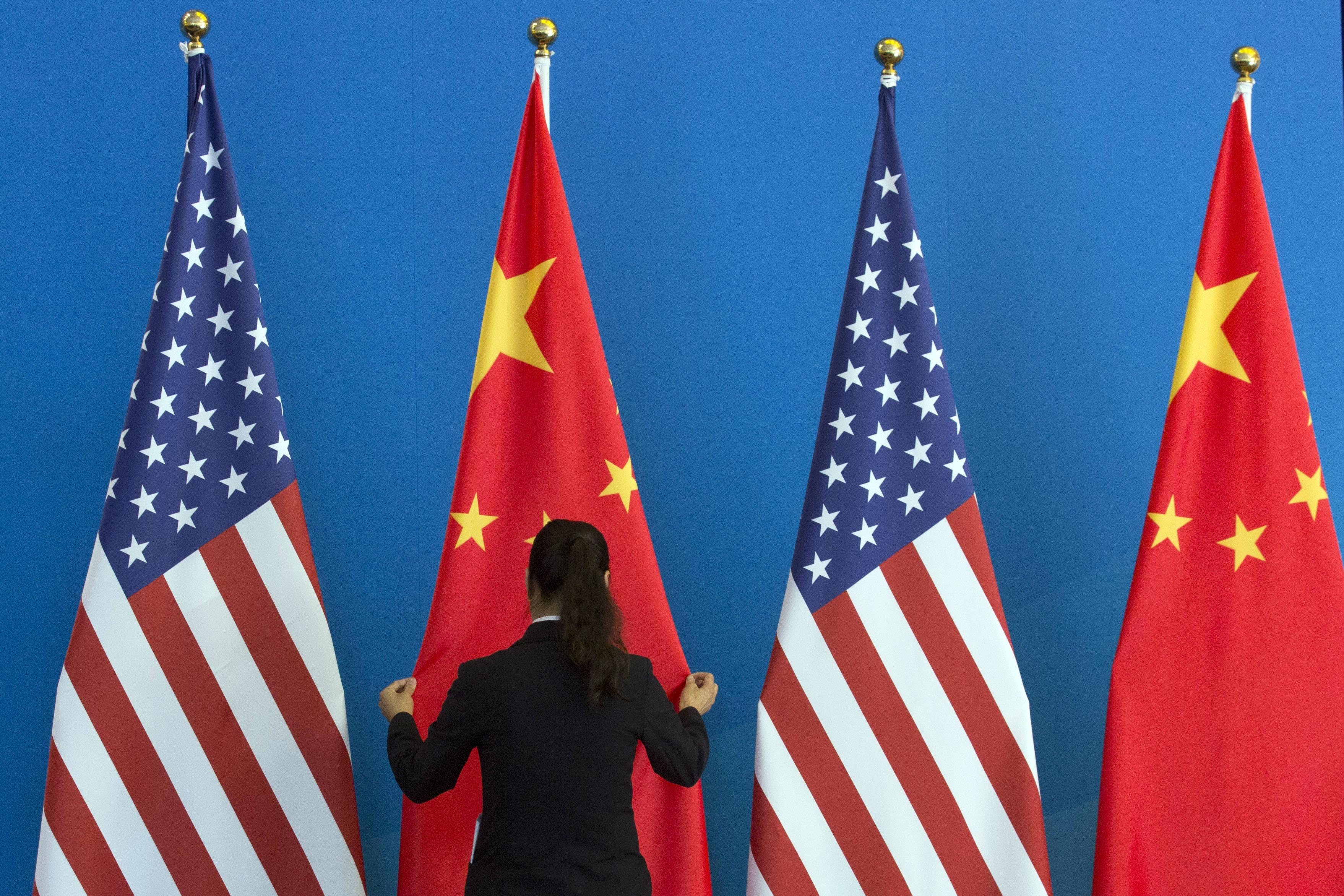China-EU deal boosts Beijing’s goals to stay in global tech scene but rely on the U.S. less, professor says

SINGAPORE — China’s investment deal with the European Union could pave the way for Beijing’s “dual circulation” strategy of being self-reliant in technology while still remaining a part of the global supply chain, a professor told CNBC.
Last year, the Chinese government came out with a batch of policy terms to bolster its economy, putting them under a vague umbrella term of “dual circulation.” The phrase refers broadly to two circles of economic activity — internal and external — with greater emphasis than before on business at home.
“Dual circulation is such an important point in the middle of this China-U.S. tech war,” said Winston Ma, an adjunct professor of law at New York University.
The two superpowers continue to fight for technological dominance and superiority. Reuters recently reported that in its final days, the Trump administration notified Huawei suppliers that it was revoking certain licenses to sell to the Chinese tech company. Huawei had been caught up in ongoing tensions between the U.S. and China as sanctions from Washington seriously hindered its ability to do business globally.
Ma told CNBC’s “Squawk Box Asia” on Tuesday that a EU-China investment treaty, if passed, may potentially give Beijing an option to circumvent the United States altogether.
“You can see this dual circulation is balanced by focusing on domestic innovation and at the same time to try and find somewhere, other than the U.S., to get to the external circulation such that the global supply chain, the global innovation dialogue can still happen in the middle of China-U.S. tension,” he said.
The European Union’s executive arm, the European Commission, last month announced an investment deal with Beijing that followed seven years of negotiations. The deal would still have to be approved by the European Parliament before implementation and lawmakers have already raised major concerns with the agreement. Ma expects it to be approved by this year.
Experts have said that tensions between the U.S. and China fosters disconnect between the technology development in both countries — the situation is frequently referred to as tech “decoupling.”
Ma said some of that split is already happening and pointed to China’s focus on bolstering its domestic semiconductor industry by putting funds into local research and development. Early last year, U.S. lawmakers also proposed funding to develop 5G alternatives to Huawei. “What we are really seeing is both countries are promoting innovation but promoting innovation in a way to be independent from each other. To that extent, the decoupling is really happening,” he added.
It is not clear that President-elect Joe Biden’s administration would reset relations with Beijing, according to Ma. “I would say there’s a lot of uncertainties,” he said.
While the Biden administration has the power to suspend U.S. sanctions already in place, Ma said they could also choose to keep them “and they can even put on more restrictions to these Chinese companies.”
Smartphone maker Xiaomi, for example, was recently added to a blacklist of alleged Chinese military companies by the Trump administration. Biden could potentially add the Chinese firm to the Entity List that can restrict American companies from exporting technology to Xiaomi, Ma said.